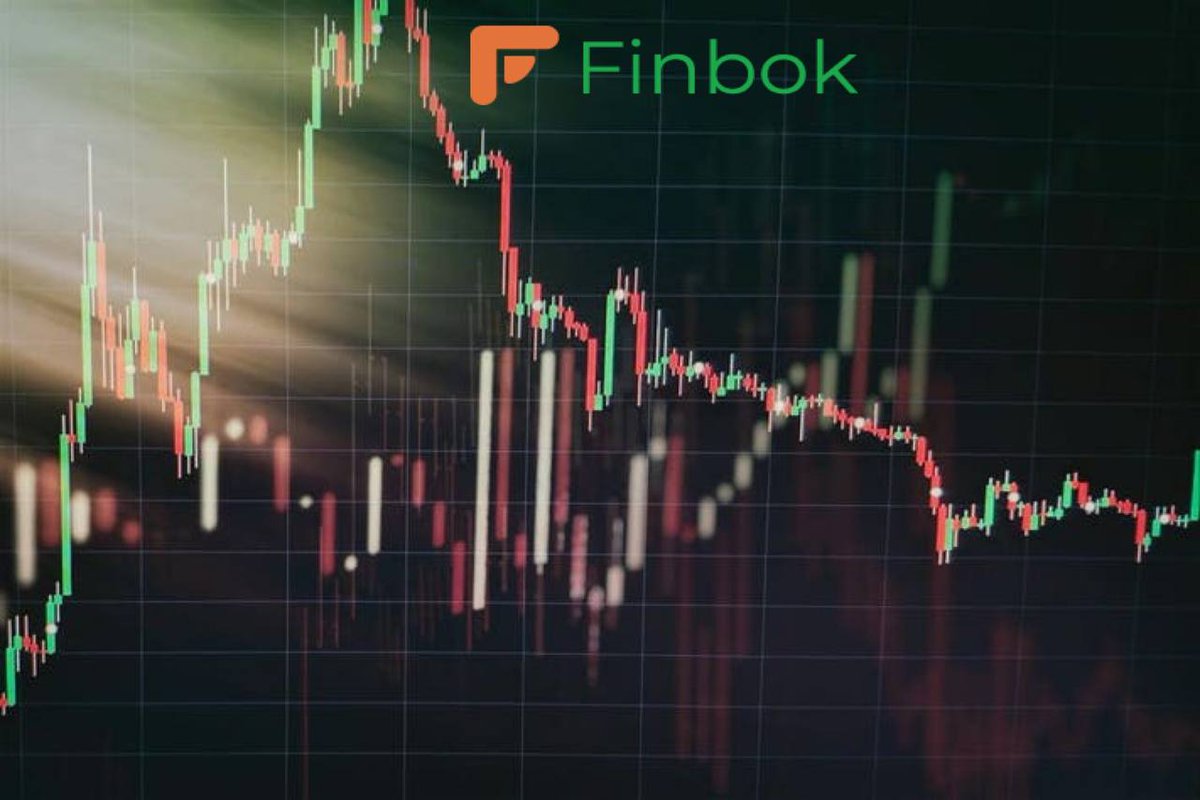Forex trading in South Africa presents a huge opportunity for individuals to be able to engage in the global financial markets plus potentially grow their very own wealth. As one of the nearly all liquid and active markets globally, forex currency trading offers a varied variety of instruments, including gold, stocks, commodities, and indices, almost all of which will be actively traded within South Africa. With the advancements in technological innovation and access to be able to online trade platforms, Southern African traders can easily now easily be involved in forex trading coming from the comfort with their homes or on-the-go using their touch screen phones. This accessibility features opened doors intended for many aspiring traders to enter the market industry and explore the many trading opportunities obtainable.
Advantages of Forex Trading in South Africa
Forex trading in South Africa offers people the opportunity to participate in one of the largest financial markets in the world. With the potential to trade several currency pairs, this provides a diversified investment option in comparison to traditional markets.
Platinum trading in South Africa is also a new popular choice among Forex traders. The country's rich mineral resources make this an attractive market for those seeking to invest within precious metals, offering up potential for profit diversification.
Additionally, interesting in stocks buying and selling in South Africa by means of the Forex market allows investors to get into a wide line of companies listed on the Johannesburg Stock Exchange. gbp jpy permits traders to be able to capitalize on community market opportunities whilst making the most of the fluid and adaptability of typically the Forex market.
Tips for Successful Trading in South Africa
When delving into Forex Trading South Africa, it is very important to conduct thorough research on the market trends, monetary indicators, and geopolitical events affecting typically the region. Stay bitcoin price zar about the recent developments in Rare metal Trading South Africa, Stocks Trading South Africa, Commodities Trading South Africa, and even Indices Trading South Africa to make well-informed trading decisions.
Designing a solid investing strategy tailored to the unique qualities of the Southern African market can greatly enhance your current chances of success in Forex trading. Consider factors such as market hours, liquidity, and volatility to optimize your buying and selling approach. Remember to be able to diversify your portfolio across different property classes such since gold, stocks, products, and indices to be able to mitigate risks.


Risikomanagement is major to long-term accomplishment in trading. Set stop-loss orders, stick to your investing plan, and avoid emotional decision-making. Make use of risk management equipment offered by stock trading platforms to guard your capital and maximize profitability in the dynamic environment of Forex Trading South Africa.
Regulations and even Oversight in South Africa
Forex trading in South Africa is regulated by the Financial Field Conduct Authority (FSCA), which ensures that market participants conform with strict guidelines to protect shareholders. The FSCA monitors the activities of forex brokers, making sure transparency and fair practices in the particular industry.
When it shows up to gold trading in South Africa, typically the oversight extends to be able to the South African Reserve Bank (SARB), which regulates typically the flow of platinum and other precious mining harvests in and out and about of the country. Typically the SARB aims in order to maintain stability throughout the gold trading market and stop illegal activities such as smuggling.
For stocks and options, commodities, and directories trading in South Africa, the Johannesburg Stock Exchange (JSE) plays a crucial role in overseeing these kinds of markets. The JSE regulates the record and trading associated with stocks, commodities, and indices, making sure marketplace participants adhere to founded rules and restrictions.
